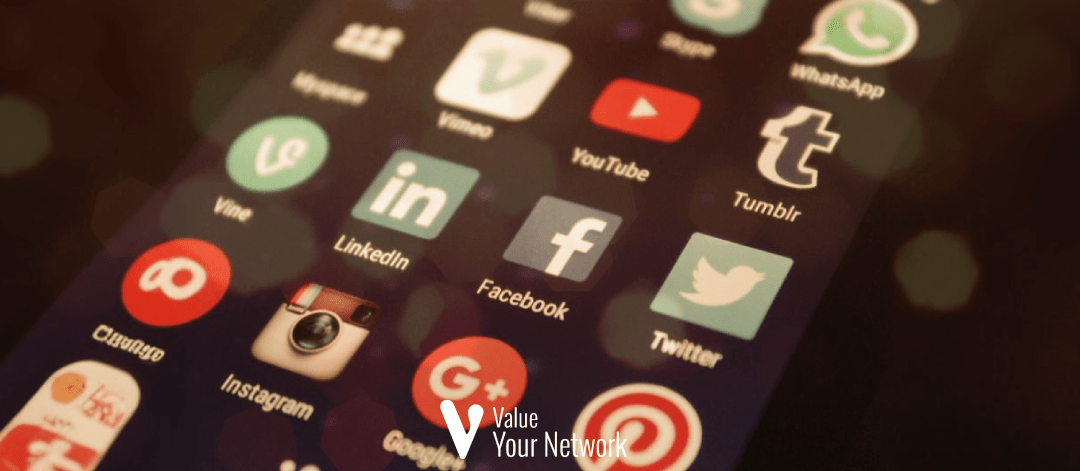With 5.04 billion users worldwide in 2024, the social media represent an excellent way to create a large digital network. These multiple possibilities are also opportunities for malicious people to commit digital crimes. A look at the methodology to adopt to build a large virtual network in complete security.
Protect your social media activity with a VPN
Every time a person connects to social media through the Internet, their data is exposed to various actors who can intercept it and use it for various purposes. These include:
- cybercriminals,
- state surveillance,
- marketing advertisers,
- Internet service providers.
This can prevent a professional from fully exploiting the potential of the platforms and negatively impact their online activities.
To prevent this situation, the use of a VPN is highly recommended. It is a software that changes the IP address of its user, encrypts the data exchanged and allows to bypass geographic restrictions. To benefit from such advantages, it is necessary to look for a PC compatible VPN to download on the Internet and then install it on your computer.
Exercise extreme vigilance in all situations
Social networks are a breeding ground for the proliferation of cybercrimes of all types, such as scams, phishing campaigns or data collection. Scams are usually done through private conversations with profiles that you have been connected to.
Cybercriminals use these accounts (fake, impersonated or hacked) to request funds as assistance, investment or other. Some attackers may send links, which they ask to click on to perform an action. This may involve logging in to the platform again before accessing information, by re-entering your username and password.
In the case of fundraising, it is not recommended to send money to people you do not know. If these profiles are those of contacts you know, you must find a way to confirm that it is really this person who is requesting assistance.
For links, it is not recommended to click on them. If the required action is urgent, the user must go directly to the site concerned by entering the web address of this platform themselves. Addresses that begin with HTTP should also be avoided, as they lead to unsecured sites. The spelling of the link should also be carefully scrutinized to detect inconsistencies. The use of link checkers is also strongly recommended.
Properly secure access to your accounts
Creating a secure professional digital network requires proper protection of your accounts. This is done by providing each account with a strong password, consisting of at least 10-12 characters, containing upper and lower case letters, special characters and numbers.
The user must also configure themulti-factor authentication on all of its social media. It provides an extra layer of protection to accounts, as accessing them requires an additional action in addition to entering the password and username. These are actions such as fingerprint confirmation, a code (received via SMS or email), a previously registered trusted device, etc.
Separate your public life from your personal life
Users of social media and related platforms are advised to protect their privacy. To this end, they should avoid disclosing personal information on the Internet: residential address, marital status, first names of their children, sexual orientation, intimate photos…
Keys to developing a secure digital network
Achieving such a result requires protecting your online activity with a VPN. It is also essential to remain vigilant at all times and to secure your accounts with a strong password, combined with multi-factor authentication. Finally, you must keep your privacy away from social platforms and the Internet.

